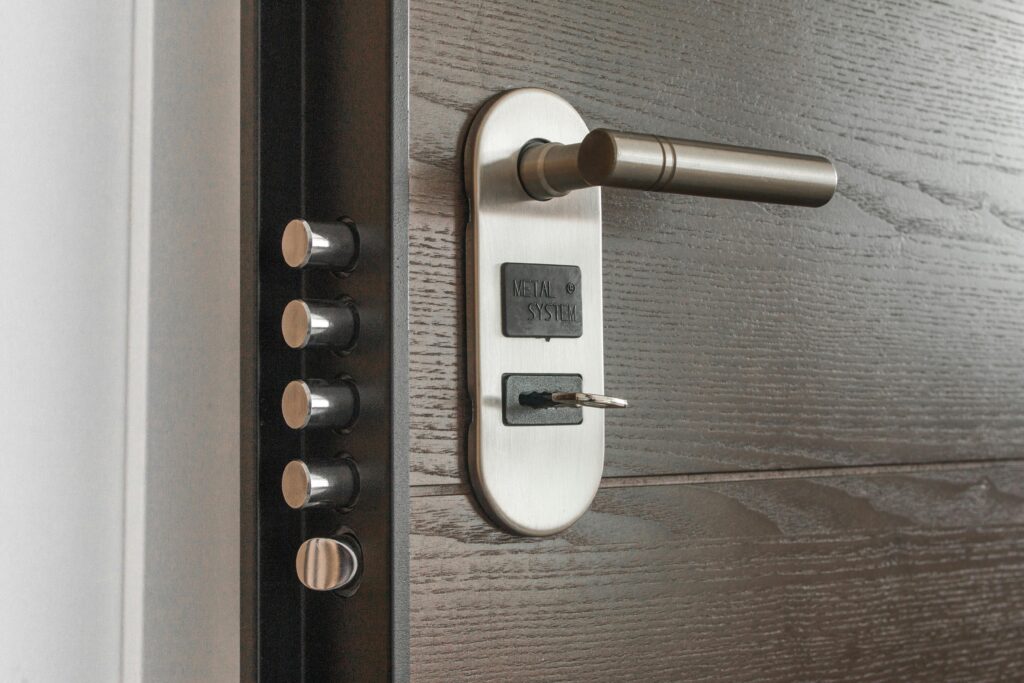
When it comes to protecting your home and loved ones, choosing the right security system is essential. With so many options available, it can be overwhelming to decide which one is best for your needs. This guide will help you understand the key factors to consider so you can make an informed choice.
Assessing Your Security Needs
First, think about your specific security needs. Here are some questions to ask yourself:
- How big is your home? Larger homes may need more sensors and cameras.
- What’s the crime rate in your area? Knowing this can help you determine the level of security you need.
- Do you have any specific concerns? For instance, are you more worried about break-ins, fire, or medical emergencies?
Types of Home Security Systems
Understanding the different types of security systems can help you decide which one is right for you:
- Monitored Systems: These systems connect to a monitoring center that can call emergency services for you. They offer high security but come with a monthly fee.
- Unmonitored Systems: These alert you directly through alarms and notifications. They are more affordable but rely on your quick response.
- Wired Systems: Reliable and less likely to face interference but require professional installation and are harder to move.
- Wireless Systems: Easier to install and relocate, with flexible options for adding components, but they can face interference issues.
Key Features to Look For
When choosing a security systems Ottawa, consider these important features:
- Cameras: Look for coverage of all entry points with features like night vision, motion detection, and high resolution.
- Sensors: Include door and window sensors, motion detectors, and glass break sensors.
- Alarms: Loud alarms can scare off intruders and alert neighbors.
- Smart Home Integration: Systems that work with smart home devices let you control security features remotely.
- Environmental Monitoring: Some systems also monitor for smoke, fire, carbon monoxide, and floods.
- Battery Backup: Ensure your system works during power outages.
- Mobile Access: Systems with mobile apps allow you to monitor and control your security from anywhere.
Installation Options
Consider how you want to install your system:
- DIY Installation: Great for wireless systems, offering flexibility and cost savings. Make sure you’re comfortable with the setup.
- Professional Installation: Necessary for wired systems and recommended for optimal setup and placement.
Cost Considerations
Think about your budget and what you’re willing to spend on:
- Initial Equipment: The cost of cameras, sensors, control panels, etc.
- Installation Fees: May apply if you opt for professional setup.
- Monthly Fees: For monitored systems, covering monitoring service costs.
- Maintenance Costs: Regular maintenance and potential upgrades or replacements.
Research and Reviews
Before making a decision, research brands and read customer reviews:
- Reputable Brands: Look for brands with positive feedback.
- Customer Support: Ensure the company offers reliable customer support and warranties.
- Trial Periods and Guarantees: Some companies offer trial periods or money-back guarantees, which can be reassuring.
Legal and Privacy Considerations
Lastly, think about legal and privacy issues:
- Compliance: Make sure your system complies with local laws on surveillance and privacy in Canada.
- Privacy Settings: Choose systems that allow you to control who can access your footage and data.
Conclusion
Choosing the right home security system is about finding a balance between your needs, budget, and the level of protection you want. By understanding what to look for and considering your specific circumstances, you can select a system that will keep your home safe and give you peace of mind. Protecting your home doesn’t have to be complicated – with the right information, you can make a choice that’s perfect for you and your family.













